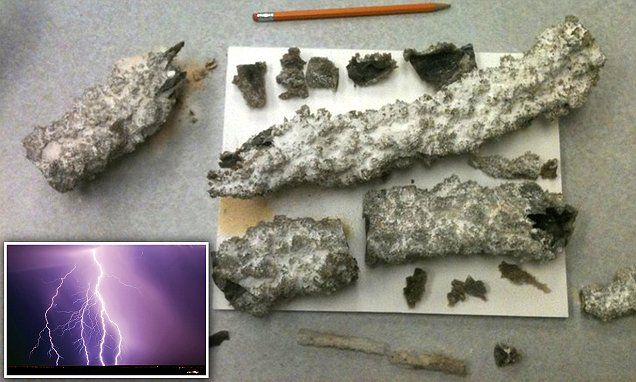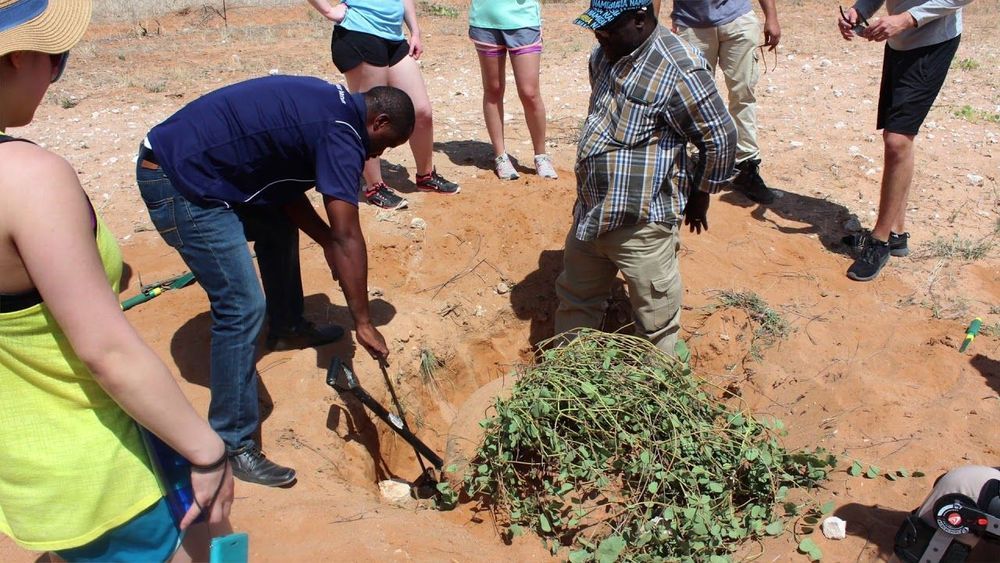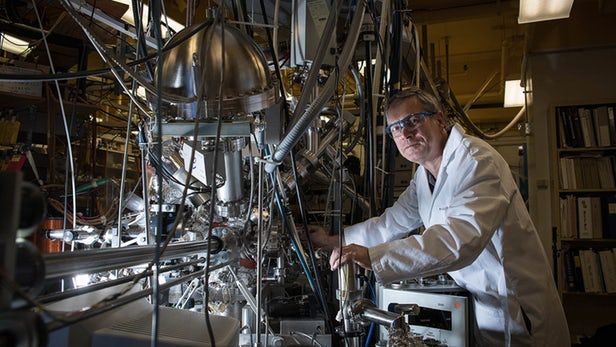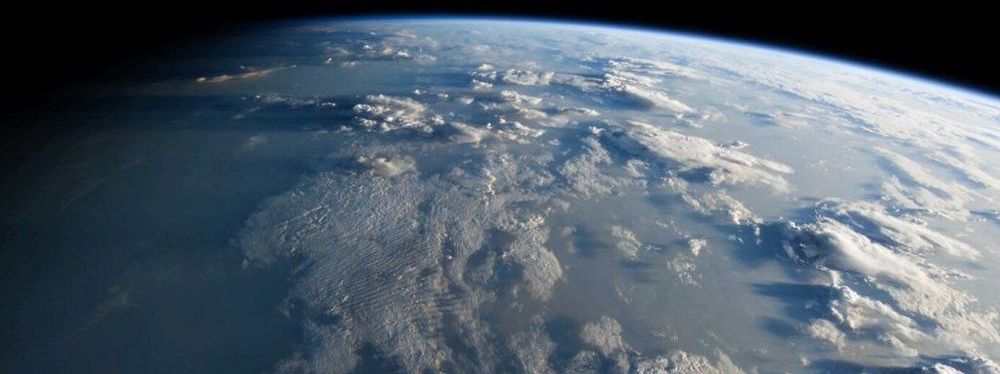
A month after the fire that ravaged the Notre Dame Cathedral in Paris, scientists and research bodies are getting organized to help restore the building—and advance scientific knowledge.
At a public hearing held yesterday by France’s Parliamentary Office for the Evaluation of Scientific and Technological Options (OPECST), academics explained how they can contribute to the government’s efforts to restore the cathedral, which was partly destroyed on 15 April.
“This catastrophe is, in the end, a privileged moment for research, because we’ll have access to materials that we otherwise wouldn’t be able to access,” said Martine Regert, deputy scientific director of the Institute of Ecology and Environment at the French national research agency CNRS. For example, analyzing certain isotopes in the cathedral’s timber frame could provide insights about the medieval climate, said Philippe Dillmann, a research leader at CNRS’s Institute for Research on Archeomaterials.
Continue reading “A month after the fire that ravaged the Notre Dame Cathedral in Paris” »


















